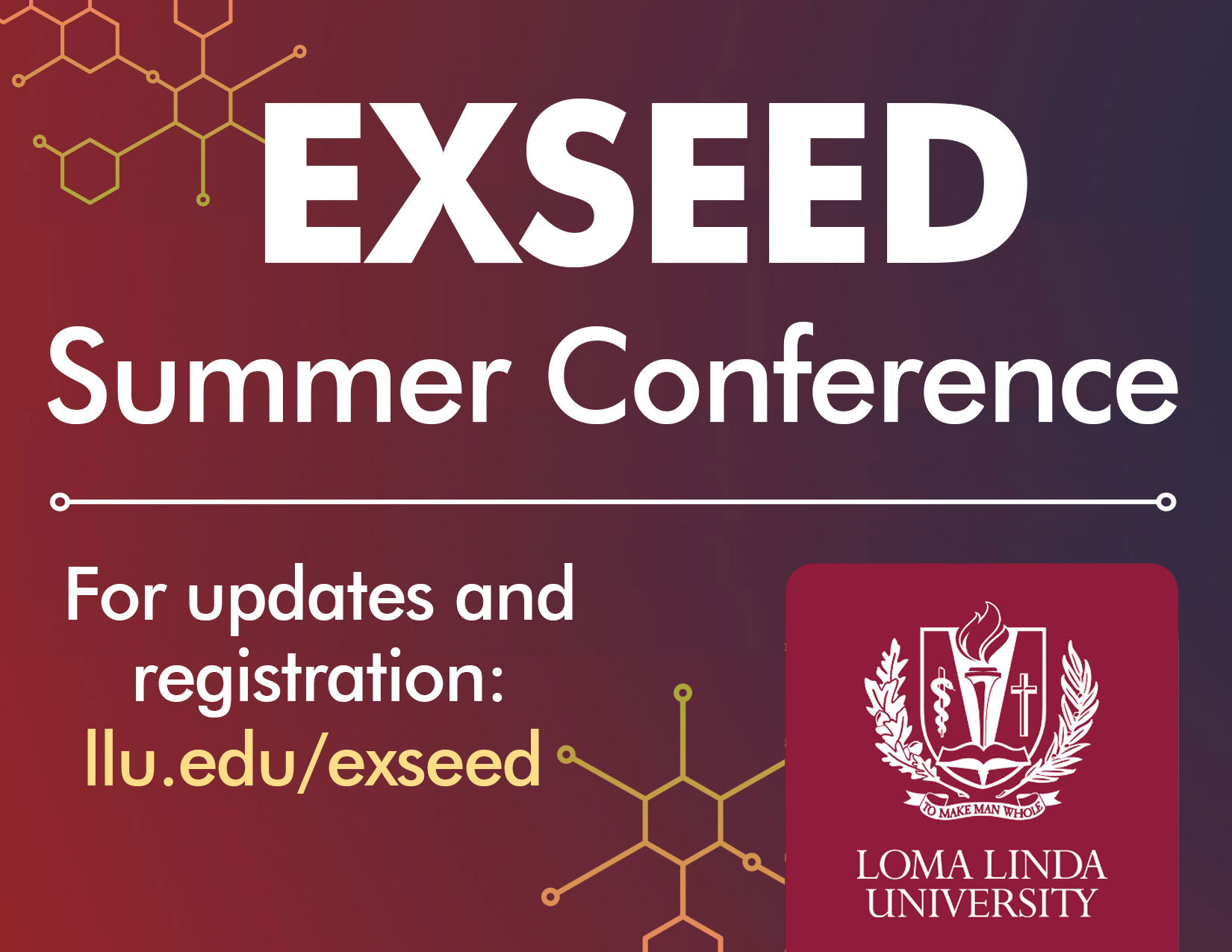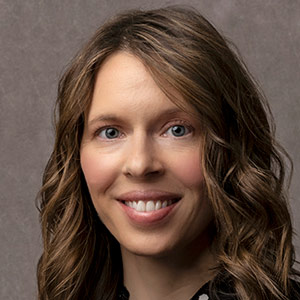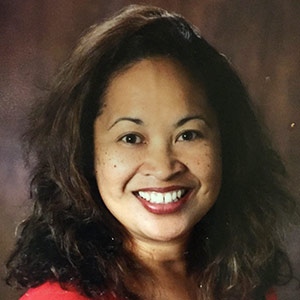Imagine a classroom abuzz with activity--students clustered in corners, gathered at desks pushed together and in groups on the floor, engaged in sharing ideas, tossing out solutions to problems, asking probing questions, and discovering answers. Imagine a multigrade classroom in Washington State where students connect with peers in Texas and Michigan. Imagine a group of teachers from across the North American Division (NAD) collaborating to develop a shareable lesson plan. Imagine a group of students in a small school in Tennessee connecting with students in Australia while learning from a geology professor at Loma Linda University (LLU) in California.
You’ve just experienced the essence of the Loma Linda University EXSEED program (EXcellence in STEM Experiential EDucation). EXSEED aims to build a collaborative system that connects small classrooms with academies and Adventist higher education institutions. We are developing a process by which teachers and schools come together and assist one another in producing instructional materials, conducting joint research, solving problems, and using existing products more efficiently. We plan to stimulate collaboration--the sharing of ideas and resources—in a network of educators and schools that will profoundly impact the future of our students.
EXSEED’s History
What began as musings by Loma Linda University President Richard Hart more than a decade ago on the state of Adventist education became the catalyst for developing the EXSEED program. In the November 2009 issue of the Adventist Review, Hart outlined the need for change as evidenced by the downward enrollment trend of Adventist students attending denominational elementary and secondary schools and colleges and universities in the NAD in recent years.
At LLU, our commitment to Adventist education runs deep and extends beyond our campus. We believe a Seventh-day Adventist Christian education provides a foundation that cannot be developed outside the denominational experience. President Hart wrote, “Our theological perspectives, understood early and well, can provide a framework for facing life issues that will make everything else make sense. This is a gift that no amount of public education can replace, regardless of the quality of lab equipment or class size. . . . This wholistic view of the human experience, grounded in an essentially Adventist view of Scripture and education, yields a solid, sensible worldview that no other educational system can offer.”1
President Hart’s reflection reminds us of guidance from Ellen White: “The precepts and principles of [true] religion are the first steps in the acquisition of knowledge, and lie at the very foundation of true education. Knowledge and science must be vitalized by the Spirit of God in order to serve the noblest purposes. The Christian alone can make the right use of knowledge. Science, in order to be fully appreciated, must be viewed from a religious standpoint. Then all will worship the God of science.”2
After the article’s circulation, LLU board member Tom Zapara and his wife Vi, a former teacher, challenged President Hart and Loma Linda University to be part of the change. With enthusiasm and generosity, they later offered a $5-million-dollar grant to develop programs and resources to address the need for STEM integration in Adventist education. The funding was designed to last eight years, but through in-kind services—time of administrators, faculty, and staff—from LLU, the grant monies extended beyond the initial timeframe, and the EXSEED program still has a solid financial footing.
But the Zaparas have contributed more than just money. One of their greatest joys has been attending the last day of each Summer EXSEED Conference to be part of the closing ceremonies. They have been a driving force to push EXSEED beyond its present form—and even today, in their mid-90s, they are still encouraging us to be innovative with ideas and resources.

Recognizing our collaborative spirit, the Versacare Foundation also became a strategic partner and an early supporter of EXSEED, supplying additional funding for the program. Historically, the Versacare Foundation has been a strong sponsor of Adventist STEM education, contributing hundreds of thousands of dollars in grant money to K-12 teachers in the North American Division.
As a next step, LLU President Hart and Provost Ron Carter consulted with a group of secondary-level science teachers during an annual Pacific Union Conference curriculum meeting held in southern California in 2010. The teachers boldly expressed their needs and a strong desire for change. Carter and Marilyn Eggers, associate provost, have been sharing the responsibility of directing the program over the past 10 years with a team of additional LLU staff.
EXSEED Collaborations
EXSEED organizers strongly believe that collaboration is the heart of innovation and that successful innovation comes only from a team of people sharing ideas, skills, and resources. EXSEED has had the privilege of collaborating with Andrews University (Berrien Springs, Michigan), Burman University (Alberta, Canada), Kettering College (Kettering, Ohio), La Sierra University (Riverside, California), Pacific Union College (Angwin, California), Southern Adventist University (Collegedale, Tennessee), Union College (Lincoln, Nebraska), Walla Walla University (College Place, Washington), and other Adventist schools.
For two consecutive years, the Oregon Conference brought its teachers to LLU for the Summer EXSEED Conference as part of its plan to have all teachers EXSEED trained. The Alaska Conference also brought its teachers for the EXSEED experience, and other conferences have expressed the desire to join the summer conference. In addition, some EXSEED administrators traveled to Jamaica and the Caribbean to establish a network of STEM project-based learning (PBL) resources.
Mission-focused Learning With EXSEED
The overarching goal of the EXSEED program is to enhance science, technology, engineering, and math (STEM) education in Adventist K-12 schools within a context of mission-focused learning (MFL). Such an environment fosters the highest commitment to analytical and critical thinking, advocates the maximum ethical and professional standards of practice, values the creation of new knowledge, and promotes the faithful transmission of best practices within professional and scientific disciplines. It provides a learner-centered educational environment that facilitates the absorption of knowledge and perfection of skills while blending evidence-based decision-making with transformative learning events (“teachable moments”). It develops a culture of service while encouraging the pursuit of wisdom through the example of Jesus Christ, who lived to bring hope, healing, and happiness to humankind. View the Loma Linda University Mission-Focused Learning webpage3 for more details.
Project-Based Learning With EXSEED
From the beginning, the EXSEED team has invested time, energy, and resources as part of program offerings to train teachers in the Project-Based Learning (PBL) approach to teaching STEM. Strong evidence shows that students learn best when they actively engage in the learning process through meaningful projects, solving real-world problems, and answering complex questions.4 This type of engagement allows students to demonstrate knowledge and skills through collaboration, creativity, and communication, emphasizing active learning experiences. At EXSEED, our PBL instruction integrates faith and service learning with a STEM focus. Organizers have seen teachers and schools transform their classroom instruction using PBL lessons, as shown in the examples below.
- Collegedale Academy Elementary School (Tennessee, 2016): Health Fair – Shortly before attending a Summer EXSEED Conference, Norma Collson, 4th-grade teacher, was diagnosed with diabetes. With her medical challenges in mind, she was inspired to organize a health fair with her students. She collaborated with local nursing students to help the 4th graders research their subjects and make project boards. She also contacted her local conference to borrow colorful health banners and medical-education equipment and supplies and invited the local community-outreach center to participate by passing out brochures. The health fair hosted 200 guests in the Collegedale elementary school gym. Watch the video.

Collegedale Academy Elementary School’s health fair, 2016. Photo courtesy of Loma Linda University. - Cochise Seventh-day Adventist Christian School (Arizona, 2017): Gardening and Agriculture Project – From Dirt to Plate – Led by Teaching Principal Susan Suntag, students participated in all levels of the gardening project, from helping to build the school’s greenhouse, learning how to compost and care for the worm farm, to managing both the school and community gardens. They moved inside to examine organisms from the garden under microscopes, used the seed library to check out seed packets, and learned how to replenish the supply from garden plants that go to seed. One of the most exciting takeaways was preparing food with ingredients harvested from the garden. Watch the video.

Cochise Seventh-day Adventist Christian School’s garden project, 2017. Photo courtesy of Loma Linda University. - Columbia Adventist Academy (Washington, 2018): LLU Student Visit – High school biology teacher Larry Hiday brought eight students from his anatomy and physiology class who were interested in health careers to Loma Linda University for a three-day intensive visit to observe the inner workings of a large teaching hospital. The students were inspired by the embryology museum and the human cadaver lab, a hands-on dentistry workshop, and conversations with medical students, nurses, and research scientists, an experience that helped shape the students’ career choices. Watch the video.

The EXSEED Experience
EXSEED’s face-to-face conferences, which began in 2011, are organized around building experiences and preparing teachers to return to their classrooms with easy-to-use, well-developed ideas. Completing the summer conference and a special classroom STEM PBL project with their own students over the following academic year earns teachers graduate-level academic credit to satisfy continuing-education requirements for credentialing. And true to the EXSEED mission to push forward and encourage the use of technology, each conference attendee from 2012 to 2019 received an iPad to be used for classroom projects with students. The iPads provided access to inexpensive technology that allowed teachers and students to produce high-quality, creative content.


But teachers leave EXSEED conferences with more than just new gadgets and academic credits:
- Berkel Williams, a science teacher at Crawford Adventist Academy in Toronto, Canada, reflected, “It’s not just about coming here [the EXSEED summer conference], it’s about the support that you will get even after you leave. When you come to this conference, you will be inspired to truly impact the lives of your students in a different way, in a very positive way.”
- After 33 years of teaching, Greg Reseck, Cedarbrook Adventist Christian School in Port Hadlock-Irondale, Washington state, found that “EXSEED inspired me to be creative and look for new things that I could do with my students. And I can still come up with new things that I‘ve never done before.”
- Craig Mattson, Principal of Northwest Christian School in Puyallup, Washington state, said, “There is widespread agreement that we have a deep value for what EXSEED has done for the teachers who have attended from our conference. Teachers who are EXSEED-trained are doing things at a higher level when it comes to STEM education.”
- Marilyn Eggers, LLU associate provost, has observed the impact of the EXSEED program on conference attendees: “It is amazing to see the transformation in the teachers who attend the conference. They come in after a year of pressures, often dejected due to dealing with challenging parents, tired, and with feelings of inadequacy. But they leave standing up straight, feeling energized, ready, and empowered to share what they’ve learned with their students. Our faculty presenters let them know how important they are and what amazing work they are doing to prepare Adventist children, youth, and young adults for bright futures.”
The Future of EXSEED: Collaboration and Innovation
The growth and success of the EXSEED program can only be attributed to God’s leading, grace, and power. EXSEED program developers quickly acknowledge God’s providence and His guidance during the first 10 years of what has proved to be a highly effective program. And program organizers are excited to see where God will lead in the next decade as they plan new initiatives and opportunities for educators and students worldwide.
Currently, organizers are working on several new opportunities for educators: (1) a STEM certification for educators, leaders, and schools that commit to excellence with continuous improvement in STEM content and delivery; (2) free monthly webinars and podcasts covering STEM PBL teaching, learning topics, and successes; (3) engaging, interactive, topic-specific, ready-to-use STEM modules developed in collaboration with specialized teachers from across Adventist education; and (4) a STEM Master’s degree, a joint program with participating Seventh-day Adventist universities.
After two years of hosting a virtual conference, organizers see the value in a hybrid approach. The summer conferences will continue in an annual face-to-face format on the LLU campus. Additionally, organizers will provide a virtual conference open to the world church and other EXSEED collaborators each June. The virtual conference will expand its focus to include the needs and interests of our international partners, with a commitment to make the online conference engaging and equitable for everyone with a HyFlex format—plenary sessions and learning activities offered in person, and synchronously and asynchronously online. In addition to the general summer program, EXSEED program organizers will launch a STEM Summer Intensive Program for experienced STEM teachers. These interactive intensives will emphasize project-based learning and STREAMS: science, technology, faith-based religion, engineering, art, math, and service-learning.
In addition, EXSEED organizers will collaborate with, support, and promote STEM-related clubs, projects, science camps, and pathway programs throughout the Adventist educational system, develop new ways to include minority students in the LLU pipeline and pathways programs, and will develop on-campus, project-based science engagement.
An expanded and reorganized leadership team is working to accomplish these goals and will include a new executive director and additional staff to operationalize enhanced services and products.
Conclusion
Those who come to EXSEED realize that Loma Linda University is dedicated to collaborating with the entire Adventist education network and is intentional about developing STEM K-12 education. Through God’s provision, EXSEED organizers are at a pivotal point to initiate changes that will encourage strong cross-educational collaboration and provide substantial resources. They desire to lend support throughout the Adventist educational system to strengthen connections with teachers from kindergarten through the graduate level and across conference and union lines for a global reach that will stretch, empower, and transform both teacher and student.
Visit the EXSEED program website to learn more about EXSEED and its conferences and initiatives: http://llu.edu/exseed.

Recommended citation:
Melisa Aree and Charity Espina, “EXSEED—EXcellence in STEM Experiential EDucation,” The Journal of Adventist Education 84:1 (2022): 7-12. https://doi.org/10.55668/VRRS7172
NOTES AND REFERENCES
- Richard Hart, “Charting a Different Future,” Adventist Review (2009): https://adventistreview.org/2009-1531/2009-1531-17/.
- Ellen G. White, Manuscript 30, 1896.
- Loma Linda University, “Mission-focused Learning” (December 8, 2021): https://home.llu.edu/education/office-of-provost/departments-and-divisions/educational-effectiveness/mission-focused-learning.
- Yan Liu, et al., “PBL-GIS in Secondary Geography Education: Does It Result in Higher-Order Learning Outcomes?” Journal of Geography 109:4 (July 2010): 150-158: https://www.tandfonline.com/doi/abs/10.1080/00221341.2010.49754





